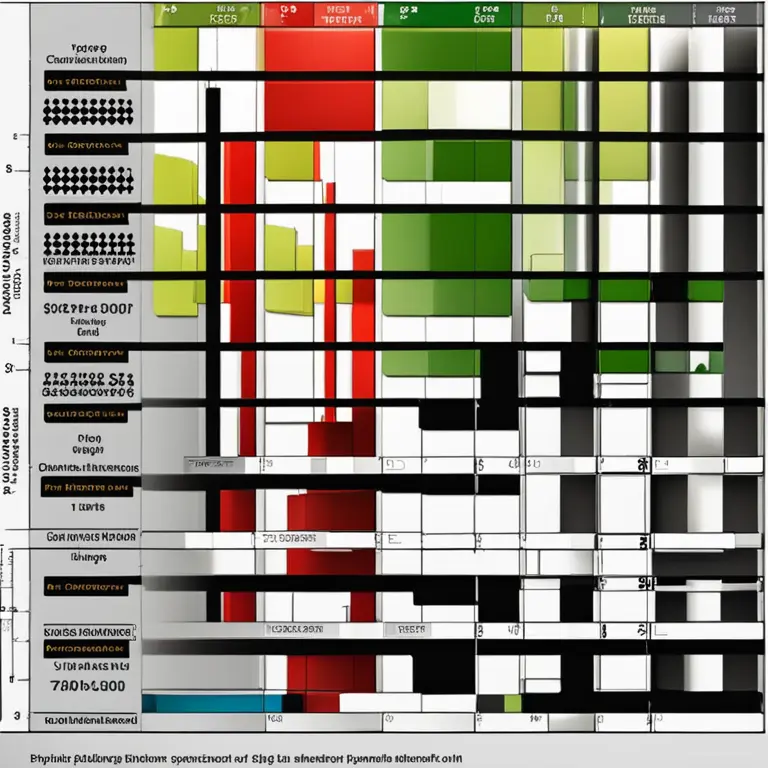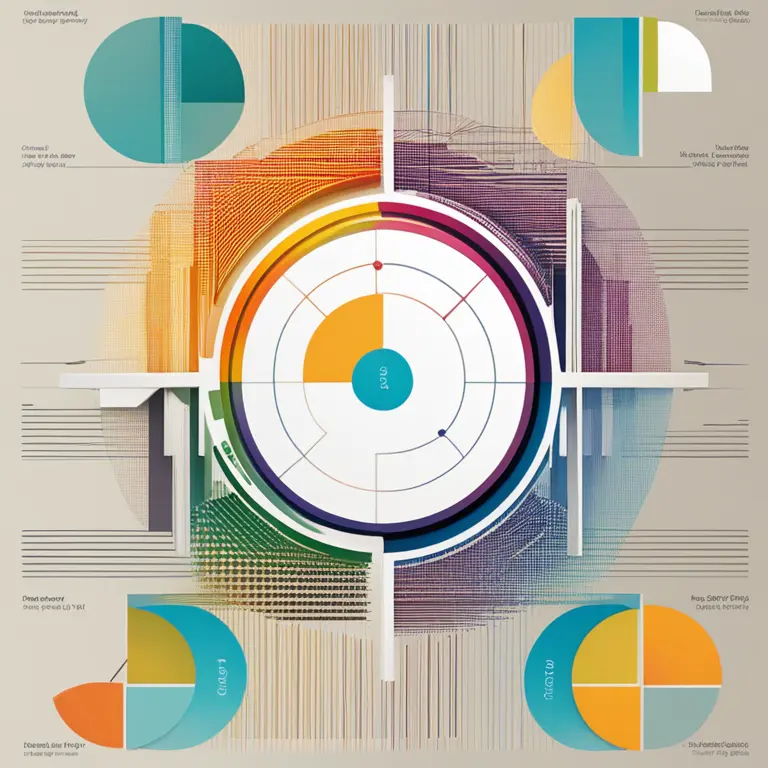
Biorhythm Examples and Their Influence on Life
Delve into the world of biorhythms with real-life examples demonstrating how these cycles influence daily life, decisions, and well-being.
article by Adrian Wallace
Introduction to Biorhythms
Biorhythms are considered to be intrinsic cycles that influence various aspects of human physiology and emotion. Grounded in the idea that life is guided by rhythmic biological cycles, they are said to affect our physical, emotional, and intellectual well-being. Each of these aspects oscillates in predictable patterns from the moment of our birth. This article serves to illustrate examples of how these rhythms might manifest in our lives, guiding choices and affecting performance. Understanding your personal biorhythms may offer insights into when you are best-equipped to tackle challenges or should be cautious in your endeavors.

Physical Biorhythm Cycle
The physical biorhythm cycle lasts for 23 days and is said to affect our strength, coordination, and overall vitality. For example, athletes might find that their performance peaks when their physical biorhythm is at a high. On days when their cycle is low, they might be more prone to injuries or less able to endure strenuous workouts. An individual might choose to engage in demanding physical activities around their physical high and opt for rest or light exercises when nearing the low cycle, thus illustrating the practical application of biorhythms in sports and health management.

Emotional Biorhythm Cycle
The 28-day emotional cycle is believed to impact moods, creativity, and emotional stability. A high point in this cycle could correspond with a period of positive, high-energy emotions, while the low point might bring about a feeling of emotional withdrawal or a lack of enthusiasm. A heightened emotional state in 2024, for instance, might be an ideal time to embark on new social undertakings or creative projects, while periods of low emotional biorhythm could suggest taking the time for introspection or avoiding emotionally-charged situations.

Intellectual Biorhythm Cycle
Spanning a 33-day period, the intellectual cycle is said to govern analytical thinking, decision-making, and memory. When one is at the peak of their intellectual cycle, it might be advantageous to schedule activities that require complex problem-solving, learning new skills, or making key life decisions. Conversely, during a low swing in this cycle, it may be more conducive to perform routine tasks rather than tackle intellectually demanding projects. For example, choosing the right timing for an exam or an important meeting in 2024 could be strategically planned according to the intellectual biorhythm.
Biorhythms and Interpersonal Relationships
Biorhythms do not just affect individuals in isolation—they can also play a significant role in interpersonal dynamics. Partners aware of each other's cycles could potentially navigate their relationship more harmoniously by understanding the fluctuations in each other’s moods and energy levels. For instance, recognizing when your partner is in a lower emotional or physical cycle could prompt more support and understanding, strengthening the relationship.
Calculating Individual Biorhythms
Calculating one’s biorhythms can be accomplished using basic arithmetic and a starting point of the individual’s birth date. Several tools and software are available that can help plot these cycles over time. By assessing the interplay of the different cycles, one can perceive potential patterns that appear in periods of high performance or risk. Moreover, entering the year 2024, personalized biorhythm charts can offer a tailored daily guide to help make the most of one's personal sine waves of energy and cognition.
Published: 1/30/2024
Modified: 1/30/2024
More predictions
Come back here soon to learn more about yourself and your future


The Biorhythm Phenomenon: A Scientific Inquiry
Is biorhythm truly a scientific concept? Dive into the details of this intriguing theory and discover the extent of its scientific foundations.


The Rhythms of Life: Delving into Human Biorhythms
Discover the fascinating world of human biorhythms and how they influence our daily lives, health, and well-being.


The Rhythms Within: A Guide to Understanding Biorhythms
Delve into the concept of biorhythms to comprehend the cycles that influence our physical, emotional, and intellectual states.